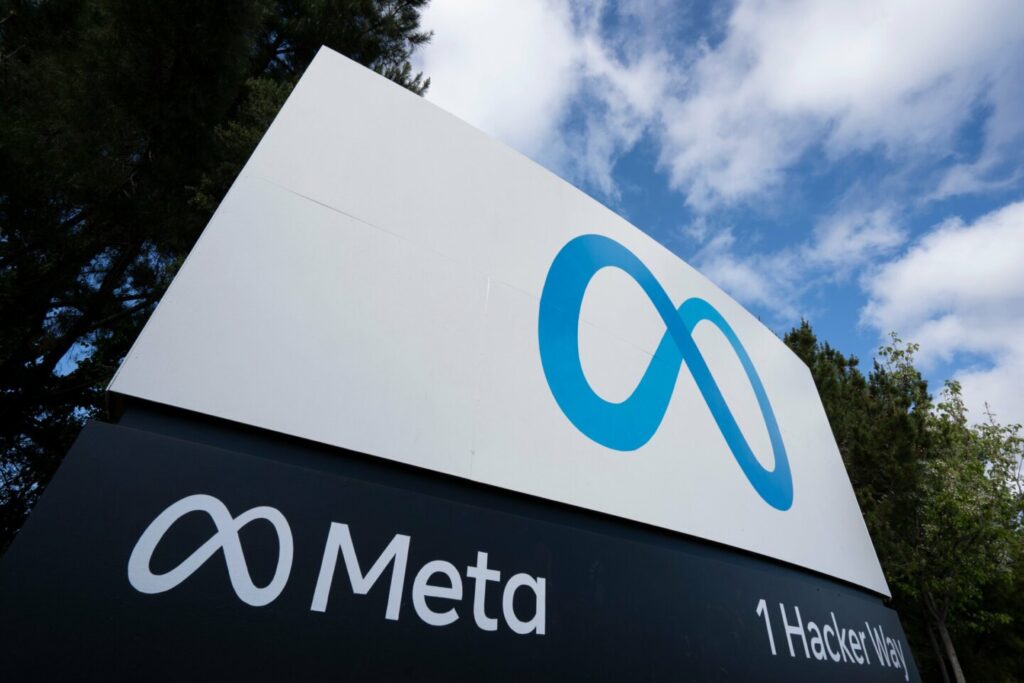Benchmarking Controversy: Experimental vs. Public Models
Meta deployed an “experimental chat version” of Maverick, optimized specifically for conversational tasks, to achieve high scores on LM Arena. This version was not the same as the one released to developers, leading to concerns about the validity of the benchmark results. LM Arena acknowledged the issue, stating that Meta’s submission did not align with their expectations for model evaluations, and subsequently updated their policies to ensure fair and reproducible assessments.

📉 Performance Discrepancies in Public Release
When the standard version of Maverick, “Llama-4-Maverick-17B-128E-Instruct,” was evaluated, it ranked significantly lower on LM Arena, falling below models like OpenAI’s GPT-4o and Google’s Gemini 1.5 Pro. This disparity highlights the challenges developers face when relying on benchmark scores that may not reflect real-world performance TechCrunch.
🧪 Training Practices and Transparency Concerns
Further investigations revealed that Meta conducted secret ablation experiments, replacing segments of training data with content from sources like LibGen, to enhance performance on specific benchmarks. While such practices can improve model capabilities, they raise ethical questions about data sourcing and the potential for overfitting to benchmark tests Business Insider.
🤖 Implications for AI Benchmarking
This incident underscores the need for greater transparency and standardization in AI benchmarking. As AI models become more integral to various applications, ensuring that benchmark results accurately represent model performance is crucial for developers and end-users alike.
🔍 Conclusion
While Meta’s advancements in AI are noteworthy, the recent benchmarking controversy serves as a reminder of the importance of transparency and integrity in AI evaluations. As the industry continues to evolve, establishing clear guidelines and standards for benchmarking will be essential to maintain trust and ensure the responsible development of AI technologies.

